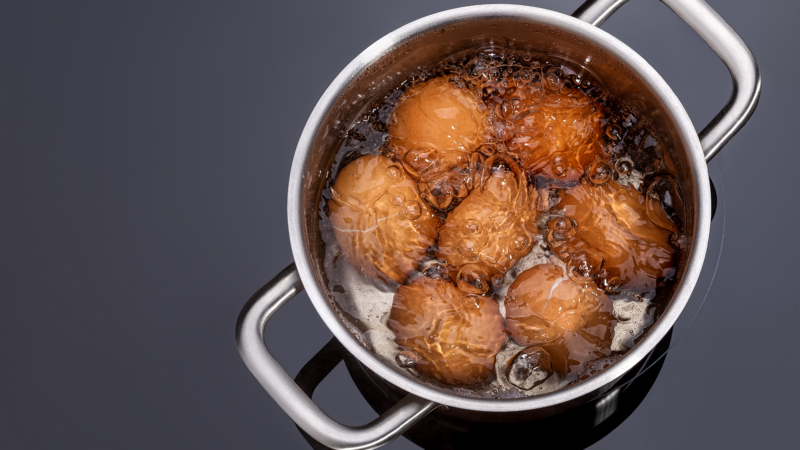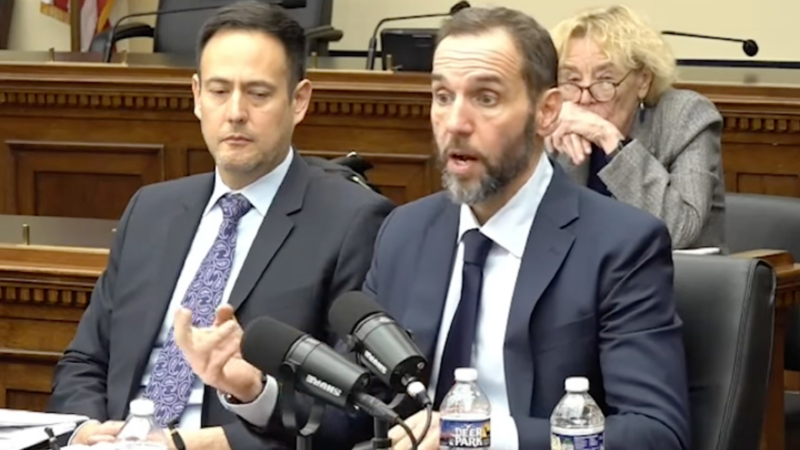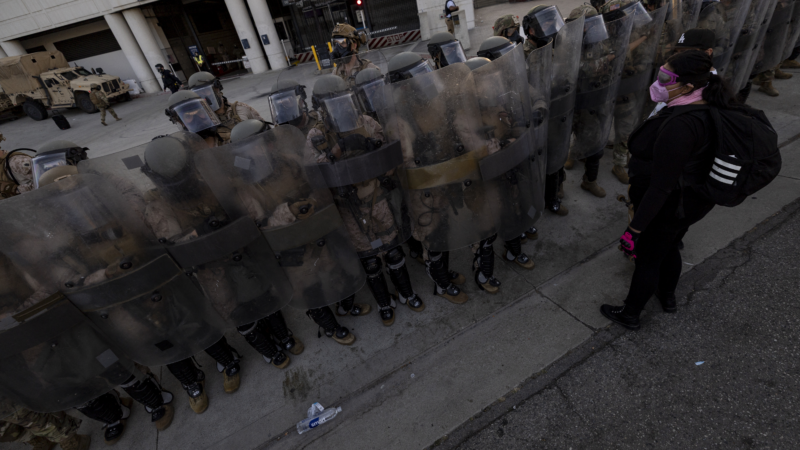These researchers have found a scientifically perfect way to cook eggs
An Italian study published this week says researchers have found the way to cook a perfect egg — you’ll just need 32 minutes to make it happen.
Three things to know:
- The research, published in Communications Engineering, found that the central challenge in cooking the perfect egg lies in its two part-structure. The albumen (or white) and the yolk require two different cooking temperatures.
- Researchers developed a new method dubbed “periodic cooking,” which involves transferring the egg back and forth between 212 degree Fahrenheit water and 86 degree water every two minutes for a total of 32 minutes. This way, both parts of the egg are cooked at their optimal temperatures without needing to crack the shell open.
- Their periodically cooked eggs were also found to have a higher nutritional content. Compared to other methods, the cooking technique better preserved the levels of polyphenols, a naturally occurring compound inside the yolk that is proven to help fight inflammation.
Listen to NPR’s Short Wave podcast for more discoveries, everyday mysteries and the science behind the headlines.
But what even is a perfect egg?
According to these scientists, it’s an egg that has the right texture and nutritional content, “with respect to traditional shell-on egg cooking techniques.”
But of course, they also recognize that the perfect egg is a matter of personal taste, and insist that this method can be tailored to better meet individual preferences.
Dive deeper with NPR
- Need more egg news? Read the latest on why prices are staying high.
- And for the latest stories on the science of healthy living, Subscribe to the Health newsletter.
U.S. military strikes 5 more alleged drug boats, killing 8
The U.S. military says it struck five alleged drug-smuggling boats over two days. The attacks killed eight people, while others jumped overboard and may have survived. U.S. Southern Command did not reveal where the attacks occurred.
Capitol riot ‘does not happen’ without Trump, Jack Smith told Congress
Former special counsel Jack Smith also described President Trump as the "most culpable and most responsible person" in the criminal conspiracy to overturn the 2020 election results, according to a transcript of Smith's closed-door interview with the House Judiciary Committee.
Trump will drop push for National Guard deployments in Chicago, LA and Portland, Ore.
Courts blocked troops from deploying in Chicago and Portland, Ore., and the Los Angeles deployment effectively ended after a judge blocked it earlier this month.
What Stranger Things gets right about wormholes
The final episode of fifth season of the Netflix series Stranger Things is out this week, and the concept of a wormhole figures largely into it. While the show is a work of fiction, theoretical wormholes have making appearances for decades not only in science fiction but in actual science.
Photos: The world welcomes the new year
As fireworks light the sky and crowds count down together, communities around the globe welcome 2026.
Meet five new species discovered in 2025
A bumpy snailfish, Andean mouse opossum and ancient sea cow were just some of the many species described in 2025.







